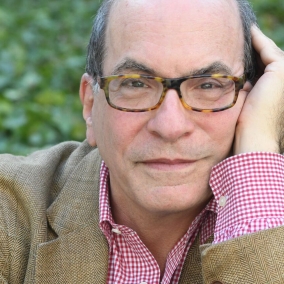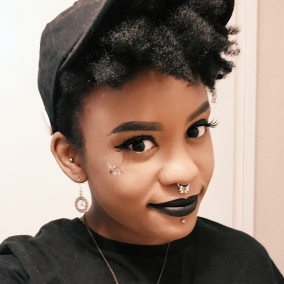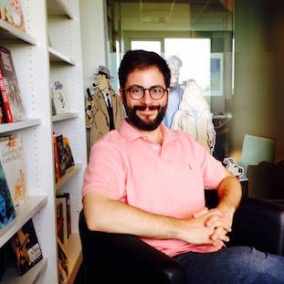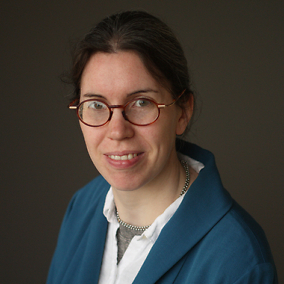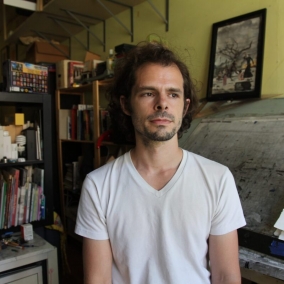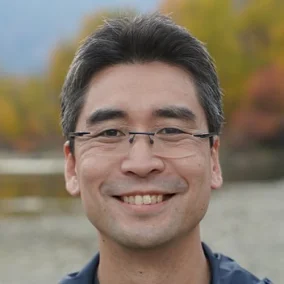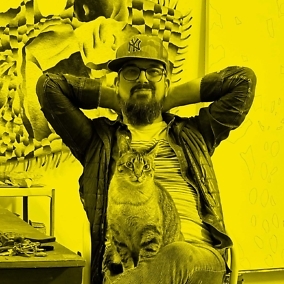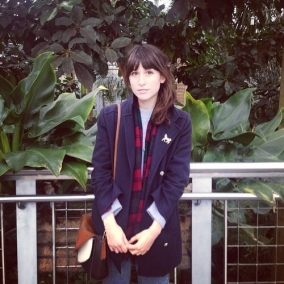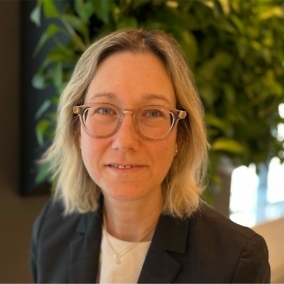The only MFA program for visual storytelling that puts Story First.
A command of story is the most powerful and fundamental foundation an artist in any creative profession can possess.
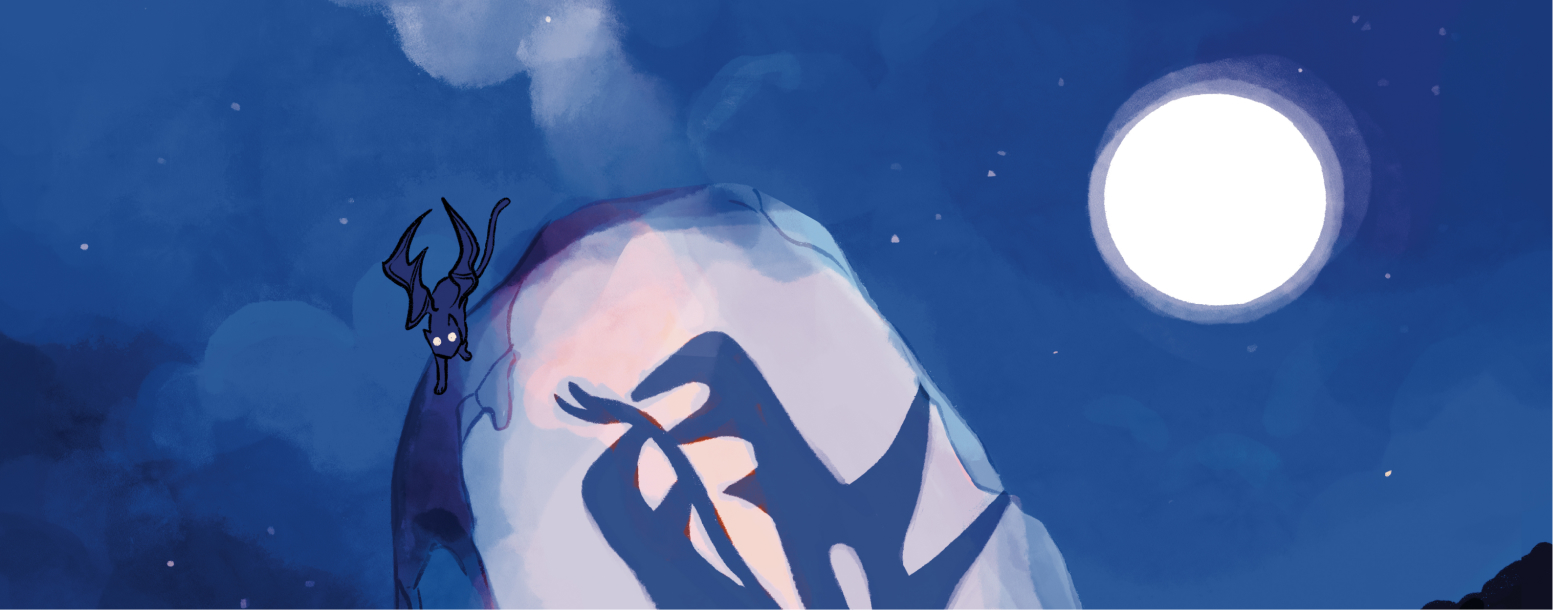
Our program is open to students working in any visual medium or format who are ready to focus on honing their visual and creative writing skills and learning how to craft visual stories that will keep people reading, watching, playing, and wanting more. Immerse yourself in story during 3 summers in New York City learning and collaborating at our studios and in 4 semesters studying online in our innovative low-residency program. Join us!
What Makes
Us Unique
Multidisciplinary
Storytelling transcends media and form. Our students create work in comics, film, illustration, graphic design, photography, and more. Learn from peers and faculty ranging from animators to data scientists to game designers, and allow different disciplines to transform how you tell stories in ways you wouldn’t expect.
Low Residency
Our community spans the globe. Spend three intensive summer semesters in the heart of New York City, then return home in the fall and spring to take classes online. The low-residency model makes MFAVN a favorite of educators and international students.
Community
Access a world of professional storytellers and markets curated to meet the specific needs of your artistic medium and practice. Meet faculty, alumni, and current students at the tops of their industries. Form a peer network and everlasting friendships that will challenge, inspire, and support you.
A Foundation of Story
Under it all, we believe that a strong knowledge of story structure and the skills to recognize what makes a compelling story are the basis of communication. We focus on giving you the tools to use the power of story in any form you choose.
The Low-Residency Program is Structured in Three Tiers and Phases of Study and Development.
How it Works
3 Full Time Summer Intensives
Spend three full-time, highly collaborative, eight-week summer intensive semesters at the School of Visual Arts in New York City.
4 Semesters of Remote/Online
Maintain your creative, work and life balance without having to uproot and move to a new city to obtain your degree through 2 part time academic years online.
Download Our Program Curriculum (PDF)
Your Thesis—
Your Story.
The second summer and the following fall–spring online terms are dedicated to thesis development and production. Each student contacts and secures a creative mentor of their choosing to work with throughout their thesis production year. They are also supported by one of the thesis faculty advisors, working professionals who are chosen for them based on medium and industry.
The third and final summer intensive session focuses on presentation and promotion of the thesis project, as well as other professional development. The program culminates with an exhibition at the SVA Gramercy Gallery, as well as a digital exhibition.
What Comes
Afterwards?
MFAVN alumni have moved into careers in creative direction, animation, comics, game development, film, toy design, information and motion design, education, and many other disciplines. Whether it’s full-time employment by a big company, working with globally and nationally recognized brands and institutions, or getting their stories produced, published, or exhibited, our alumni are out in the world proving the power of story.
Alumni have worked for or been published by:
- Penguin Books
- Fantagraphics
- Andrews McMeel
- Workman Publishing
- The New Yorker
- The Boston Globe
- …and more
Alumni have worked across a range of production roles in film and television, including:
- Set design for Saturday Night Live
- Animation director at Animated Storyboards
- Art director for an A24 feature
- Creative work for Disney+, Nickelodeon, MTV, and Major League Baseball
Alumni have been commissioned to create art by brands including:
- Tiffany and Co
- Adidas
- Target
- Crocs
- Clarins
- Burberry
Our alumni have taken teaching positions at prestigious institutions such as:
- NYU
- Pratt
- Rutgers
- Gallaudet
- College of Marin
- CCS
- UConn
- CCNY
- KCAI
- School of Visual Arts
Other notable employers of our alumni include:
- The White House
- Apple
- Deloitte Digital
- Fisher Price
- Chase
- Exploding Kittens
- Nike
Industry-Leading Faculty & Mentors
Our faculty are experienced storytellers who come from a wide range of backgrounds, media and disciplines. As working professionals and educators, they are dedicated to the exploration of their story craft and the pursuit of their transformational voices as visual storytellers.
The Only Dedicated Educational Risograph Printing Facility of Its Kind.
The RisoLAB is an educational print lab dedicated to empowering self-publishing and production of Risograph-based printed works, accessible to the entire SVA community through Continuing Education and undergraduate courses, open access, and workshops.
For the MFA Visual Narrative program, the lab serves as a crucial physical hub that underpins the on-campus, summer semester of the program. All MFAVN students undergo rigorous training in Risograph printing in their first semester, after which they have unlimited access to the Risograph printing facilities—expanding their design and print skills.
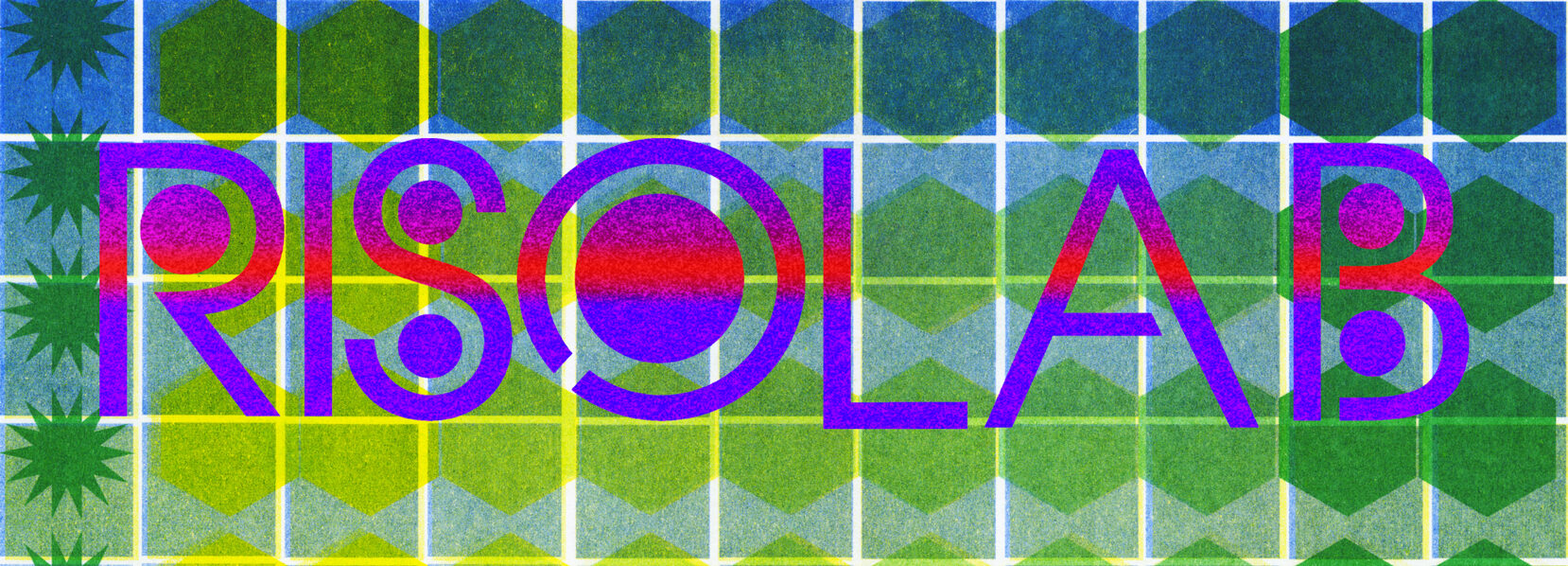
Program FAQs
The MFAVN program is a rich, interdisciplinary and low-residency graduate program in visual storytelling that places equal emphasis on creative writing and visual portfolio development across all media. Our students explore where their creative story voice is rooted, learn what story really is, how it functions and works across all storytelling mediums. This builds the individual confidence needed to conceive, write and produce their stories from the ground up as original content creators and authors—naturally developing their visual skill sets and portfolio in the process. Working alongside a community of peers, students take ownership of their narrative voice, hone their storycraft, and advance their professional practice pursuits as both an author and artist.. MFA Visual Narrative students ultimately define their direction and careers as professional creators of original content and become future arbiters of visual storytelling.
Story doesn’t really belong to one specific medium, profession, format or audience. The core and fundamental principles of story craft and visual storytelling, are for the most part, universal across all forms of media, entertainment and communications. We are bombarded with different forms and mediums of story every day that permeate and influence almost all that we do, see and feel as visual storytellers. To harness and gain a more focused understanding of these universal, multimedia story fundamentals, we feel that a diverse student body creates a rich and unique studio environment, and informs and challenges every student to engage in the ever-expanding profession of visual storytelling beyond their own chosen medium. Our faculty and curriculum reflects this broad approach to story, with professional expertise in areas like children’s literature, comics publishing, television writing, information graphics, typography, game design, theatrical direction and illustration.
The MFA Visual Narrative department is looking for visual storytellers from all visual disciplines interested in creating their own original content as both author and artist. We welcome applications from working professionals, educators, and up-and-coming professionals from all creative industries, along with non-traditional applicants interested in developing their visual storycraft. Some of our non-traditional students have come from backgrounds in biochemistry, creative writing, engineering, puppetry, K-12 education, branding and PR, set design, publishing, editing, and film production management. A bachelor’s degree in any discipline is welcome. Because of the nature of a low-residency program, successful students will demonstrate a high level of professional discipline and practice. Visit the “Our People” section of this site to get a sense of our storytelling community and their work.
A working knowledge of Adobe Creative Cloud applications is highly recommended, including Adobe Photoshop, Illustrator, InDesign, After Effects, and Premiere. Mastery of Adobe Acrobat and word processing software such as Microsoft Word, Pages, and/or Google Docs is required. Remedial courses for those who do not have mastery of these core applications can be arranged and should not discourage candidates from applying.
In all forms of advertising, plus fine arts, game design, picture books, graphic novels, film, illustration and animation, there is a growing demand for strong story, writing and visual communication skills. The MFA Visual Narrative program fills that need—regardless of medium or style—enabling students to become creative, original content designers and responsible arbiters of visual storytelling who shape their own identities, artistic voices and narrative art. Potential job pathways might be Creative or Art Director, Story Editor, Editorial Designer, Storyboard or Concept Artist, Animator, Editorial and/or Commercial Freelance Artist, Copywriter, Scriptwriter or Screenwriter and more.
We encourage all of our students to pursue clearly defined career pathways as well as blaze their own new trails and define their own careers as their work and narrative voices dictate.
MFAVN is a fully accredited, low-residency, MFA degree program – requiring only three eight- week summer sessions on SVA’s campus in NYC, a schedule which allows students to maintain their professional practices and personal lifestyles. The two intervening academic years are online only through the SVA learning management system. Online classes are accessible 24/7 and primarily self-paced, with manageable deadlines, and designed for students who are working full-time. During the on-line periods, students engage in rich-media coursework on the Canvas system, with supervision from faculty and opportunities to engage virtually with fellow students. The student will be required to submit written material and participate in online forums, as well as contribute online content as both a writer and visual artist.
Classes are posted once a week. Although there is flexibility in the schedule, there will be some assignments with specific due dates. We will provide training for this web-based learning prior to the first semester.
For the online workload, a guideline is six to nine hours of coursework for each credit hour of “class time”. That means for each three hours of class weekly, you can expect 18-27 hours of work time. During the first year spring semester short story project and second year thesis project, those class hours and work times will be directly related to each individual’s project.
During the eight-week summer semester in NYC, students will be in class or in their studios for 40-50 hours per week. We will also be planning outside studio visits and individual and group critiques, and trips to museums and galleries and other cultural events.
This differs each summer, please check back for information in January about availability and fees.
All campus resources are open to you. And during your online semesters, you still enjoy full SVA student status. Campus resources include the SVA Library (including many online databases and other resources), the Visible Futures Lab, the department’s RisoLAB and the Writing Resource Center. In addition, you are entitled to unlimited classes from LinkedIn Learning as well as the ability to audit one tuition-free class per online semester (four in total) from the Continuing Education Department. Some of these classes are offered online.
The MFAVN department founded and manages the RisoLAB. Risograph duplicator printing technology combines the vibrant spot colors of silkscreen and the high resolution and speedy mass production of offset lithography with the user-friendly automation of an advanced color copier. It was founded in fall 2015 by Chair Nathan Fox as an interdisciplinary space for printing, publishing and production of Risograph-based printed works. Students will be trained on the machines and have access during their entire enrollment period. The mission is to become a hub of small scale and experimental printing and publishing activity that brings together artists of all backgrounds and disciplines to encourage dialogue across different creative worlds and foster discussion about the role of print media as a vehicle for art and culture, and a way to work out creative ideas to lead to unexpected results that would not be possible with a sole reliance on today’s digital tools.
The department also sponsors CE classes in other subjects, such as comedy structure and Risograph production. Some of these are taught by program faculty. These classes do not count towards the MFA Visual Narrative degree.
The MFA Visual Narrative program has lined up a rich and diverse pool of cross- disciplinary professionals who will be involved in the program as guest lecturers, artists and authors. During the second year, each student will work with the chair to nominate and collaborate with a thesis mentor of their choosing for the duration of their thesis project. A roster of vetted professionals is available, although students can also arrange for their own, with approval from the Chair. Past and current mentors are featured here. And SVA’s teaching model is to draw from working professionals, so all of the faculty are connections for students as well. In addition, the Career Development Office offers extensive workshops, counseling and recruitment events with top industry professionals.
Applications for Summer 2026 are OPEN NOW!

